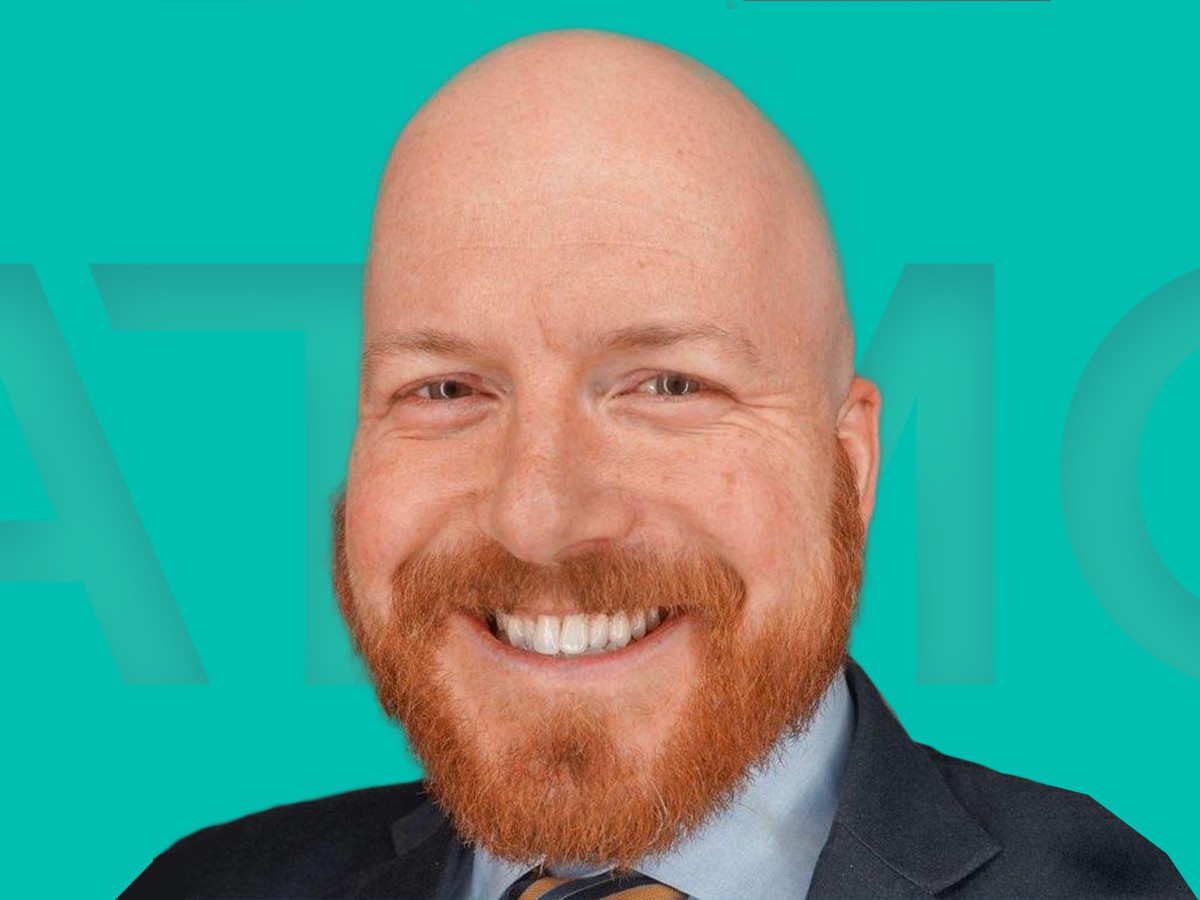Up and coming “Green Fintech” startup Atmos Financial has been creating waves in finance markets around the world because of its unique business model.
Usually once a customer deposits their money in a bank, the bank recirculates it as loans, interest payments, investments etc. All the activities that a bank chooses to indulge in are primarily financed by the deposits made by the public. Therefore, it can be said that the account holders who choose to avail the services of a particular bank are indirectly responsible for the numerous projects that the bank undertakes. It is extremely difficult for most people to track the projects that their bank chooses to finance.
Atmos Financial is a young, promising startup that ensures that the money its customers deposit will be used to fund clean energy projects and not embolden the fossil fuel infrastructure. Co-founder Ravi Mikkelsen explained the organisation’s philosophy when he stated:
“Banks lend out money, and it’s these loans that create the society in which we live. By choosing where we bank, we get to choose what type of world we live in.”
About Atmos
Atmos presents itself as a unique idea that sits right at the intersection of the traditional financial markets and a new-age focus on sustainable development. It targets socially and environmentally conscious young consumers by taking aim at the traditional retail banking mechanisms that have historically been linked to fossil fuel companies. Market experts believe that this is a fresh, innovative idea that has the potential to become the cornerstone of 21st century banking. Aaron McCreary, the climate fintech lead at New Energy Nexus recently said:
“It’s a space that’s starting to see more activity. They’re picking up customers. They’re offering products and services that aren’t normalized in Bank of America or Wells Fargo.”
Atmos is not a bank in itself but a financial institution that works with banks through its internet platform. When a customer signs up with Atmos, they essentially deposit their money to Evolve Bank & Trust, an FDIC-insured institution that works with solar energy. Atmos then ensures that this money is only used to fund utility-scale solar power plants around the world. While the company works with counterparty banks to source deals as of now, it has plans to develop its own pipeline of projects to lend to.
Atmos plans to launch its own lending program for rooftop solar this summer, vetting borrowers directly and through partner organisations. The company has made it very clear that it wishes to distinguish itself from all other investment platforms on the market. The organisation’s current homepage reads :
“Meet AtmosACTION. The first high-performance savings account engineered to reverse the climate crisis.”
Atmos’ customers are allowed to have access to FDIC protected bank accounts (that can hold up to $250,000) for no monthly fees, no minimum balance requirements and the freedom to withdraw their money whenever they want to. The interest rates on these accounts are significantly higher than those offered by most retail banks. They range from 0.41 to 0.51 percent depending on the account balance. These rates also include a 0.11 percent bonus offered to all accounts that choose to donate any amount monthly, to one of the climate nonprofits listed on the platform.
Other Interesting Companies in the Space
German neobanking startup, Tomorrow, offers premium accounts that offset the customers’ purchases and a debit card that replaces the typical plastic base with “cherry wood typically grown in Austria.” French company Helios offers similar cards and pledges to disclose exactly which projects get funding from saving deposits. Other banks like Aspiration, Amalgamated Bank and Carbon Collective also offer similar privileges that let the customer keep track of the projects that their money is used for.
A new generation of environment-friendly consumers is constantly looking to purchase products that help conserve and nurture the environment. From luxury departmental stores to conscious neobanks, everything to do with sustainability has been gaining a lot of traction. Market experts believe that these trends are only going to grow with time and give rise to multi-billion dollar neobanks that offer new-age services.
“Fossil fuels need banks, but banks don’t need fossil fuels.”
Recommended for you

Antidepressant Prescribing at Six-Year High
More people are taking antidepressants than ever. Is this a dark sign of the times or an indication that mental health stigma is changing?

Can AI be Used to Determine Cancer Recurrence?
When cancer patients go into remission, they often worry about it coming back. AI can now help identify those at risk of cancer recurrence.

Pegasus – Still a Threat to the UK?
The notorious Pegasus spyware has been misused to exploit vulnerabilities in devices, even those kept within the walls of Number 10.
Trending

Drug Decriminalisation: Could the UK Follow Portugal?
Portugal’s drug decriminalisation has reduced drug deaths and made people feel safe seeking support. Would the UK ever follow suit?

Calling All Unvaccinated UK Adults
With Covid cases rising, the NHS is urging the 3 million UK adults who remain unvaccinated to come forward.




